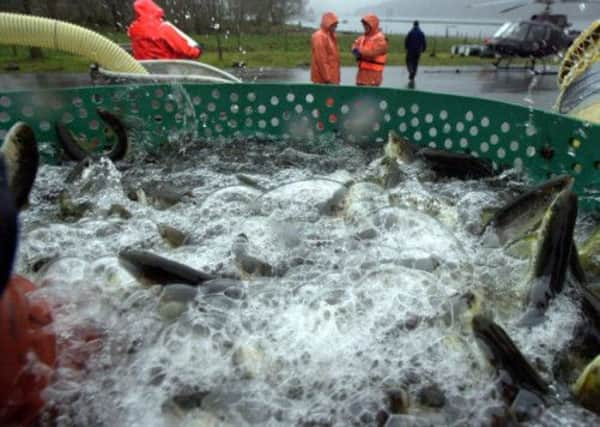Marine Harvest close the net on Cermaq acquisition


Most Cermaq shareholders backed the deal to buy Copeinca at a meeting yesterday, but the company was short of the two-thirds support it needed.
Marine Harvest has said it would be willing to offer $1.7bn for Cermaq, or possibly more, but only if the company dropped its own $730 million bid for Copeinca.
Advertisement
Hide AdAdvertisement
Hide AdCermaq chief financial officer Tore Valderhaug said: “We just have to accept the shareholder vote. We still think [the Marine Harvest] offer is low but it’s positive they say they are willing to raise it.”
An initial proposal was rejected by Cermaq’s biggest shareholder, the Norwegian government, which has a 43.5 per cent stake. Marine Harvest, which has not made a formal bid, said it will now need a few days to put its offer together and that it was willing to consider a higher bid.
Salmon farmers have been among the hottest stocks recently as global demand is rising sharply at a time when supply growth is limited and Chile, a top global supplier, is facing renewed signs of disease.
Marine Harvest, which recently purchased a major processing firm, is aiming to create a global fish giant that would be a top player in everything from feed to processing.
• Marine Harvest Scotland has signed up to the Aquaculture Stewardship Council scheme, which aims to reduce its impact on the environment. The move was welcomed by campaign group WWF Scotland but the Salmon & Trout Association warned its farms are still too close to wild salmon in rivers.